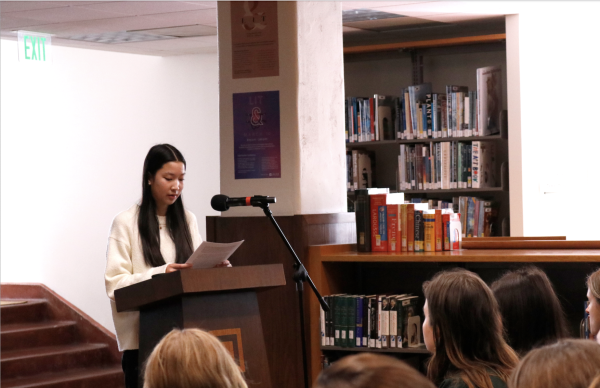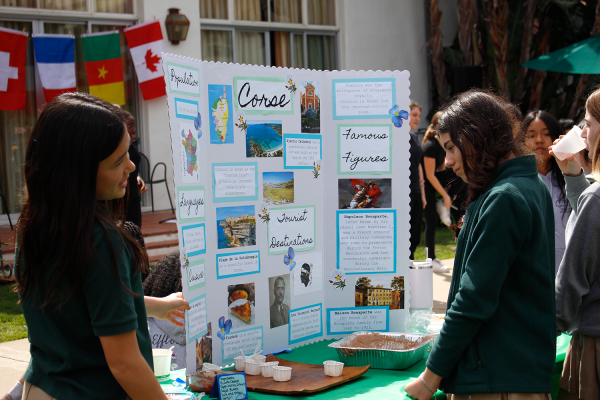Nobel Laureate George Olah Speaks to Archer Community
This March, Archer had the honor of hosting Nobel Winner George Olah, who came to address to the community during a well attended lunch session.
The acclaimed chemist, who is currently a professor at USC and the director of the Loker Hydrocarbon Research Institute, spent time discussing his career and emphasizing the importance of an educational foundation to support any academic interest. He also shared stories about his childhood in Hungary.
Olah was awarded the Nobel Prize in Chemistry in 1994 for his contribution to the chemistry of carbocations, his discovery of protonated methane and his work with hydrocarbons. He was able to identify a process which uses either methane or CO2 to synthesize methyl alcohol and other fuels. This process presents an alternative hydrocarbon energy source to support a growing population and energy consumption, while also mitigating the problem of excessive atmospheric CO2.
Many top energy sources used today, including oil, release CO2 when burned, which creates the problem of increased levels in the atmosphere as well as the greenhouse effect which contributes to global warming and climate change.
The research pioneered by Olah’s team is extremely prominent in the quest for alternative and more environmentally friendly energy sources.
Olah stressed the importance of the carbon atom in almost every aspect of life: “We wouldn’t have [life] without carbon,” citing its ability to form four bonds and a wide variety of stable molecules.
Archer students were inspired by the stories shared and Olah’s passion for both chemistry and teaching.
When asked about the experience Joy Taira ‘14 said, “Meeting [him] was incredible and as an aspiring molecular biologist, I really admired his positive attitude and could truly witness his love for what he does.”
Taira added, “Olah discussed how many scientists who have won the Nobel prize stopped striving for new discoveries and he emphasized the importance of the continuation of a scientist’s work even after receiving recognition. It was truly motivating!”
Students and teachers alike were both awed and inspired by Olah’s tale and his clear passion for carbon as well as teaching the next generation of Nobel Prize winners.




![Freshman Milan Earl and sophomore Lucy Kaplan sit with their grandparents at Archer’s annual Grandparents and Special Friends Day Friday, March 15. The event took place over three 75-minute sessions. “[I hope my grandparents] gain an understanding about what I do, Kaplan said, because I know they ask a lot of questions and can sort of see what I do in school and what the experience is like to be here.](https://archeroracle.org/wp-content/uploads/2024/03/grandparents-day-option-2-1200x800.jpg)
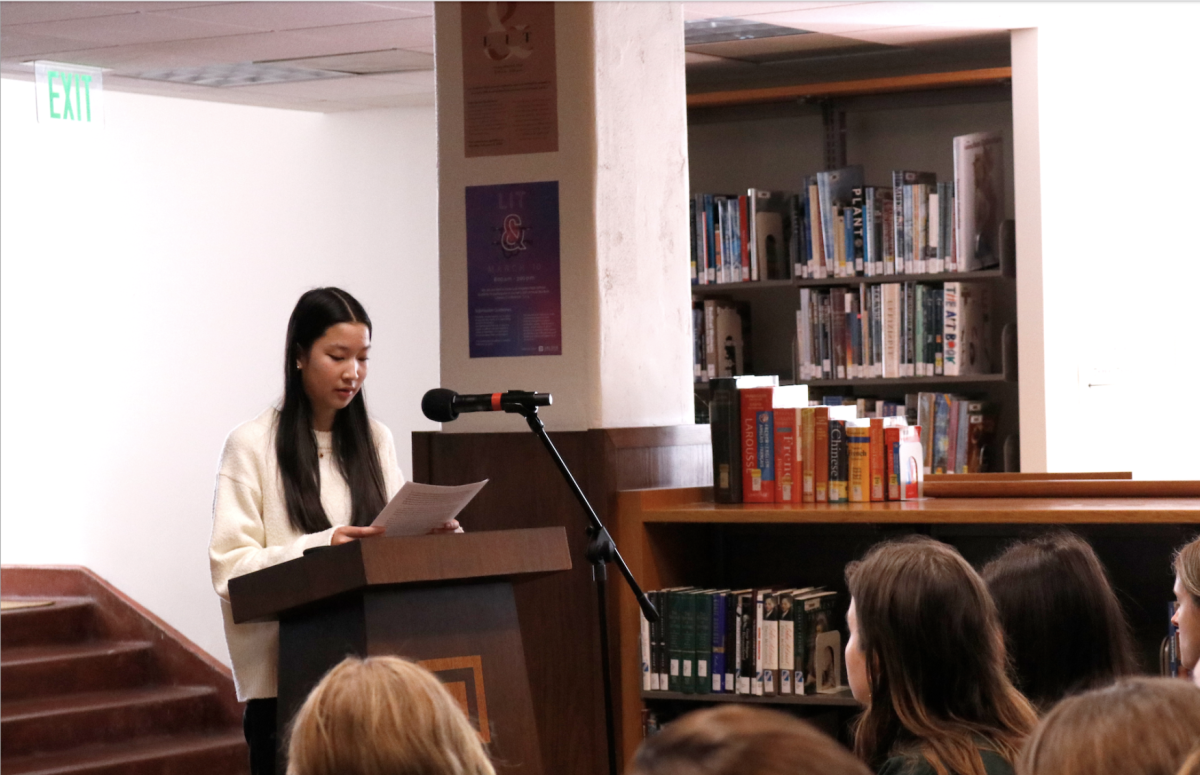










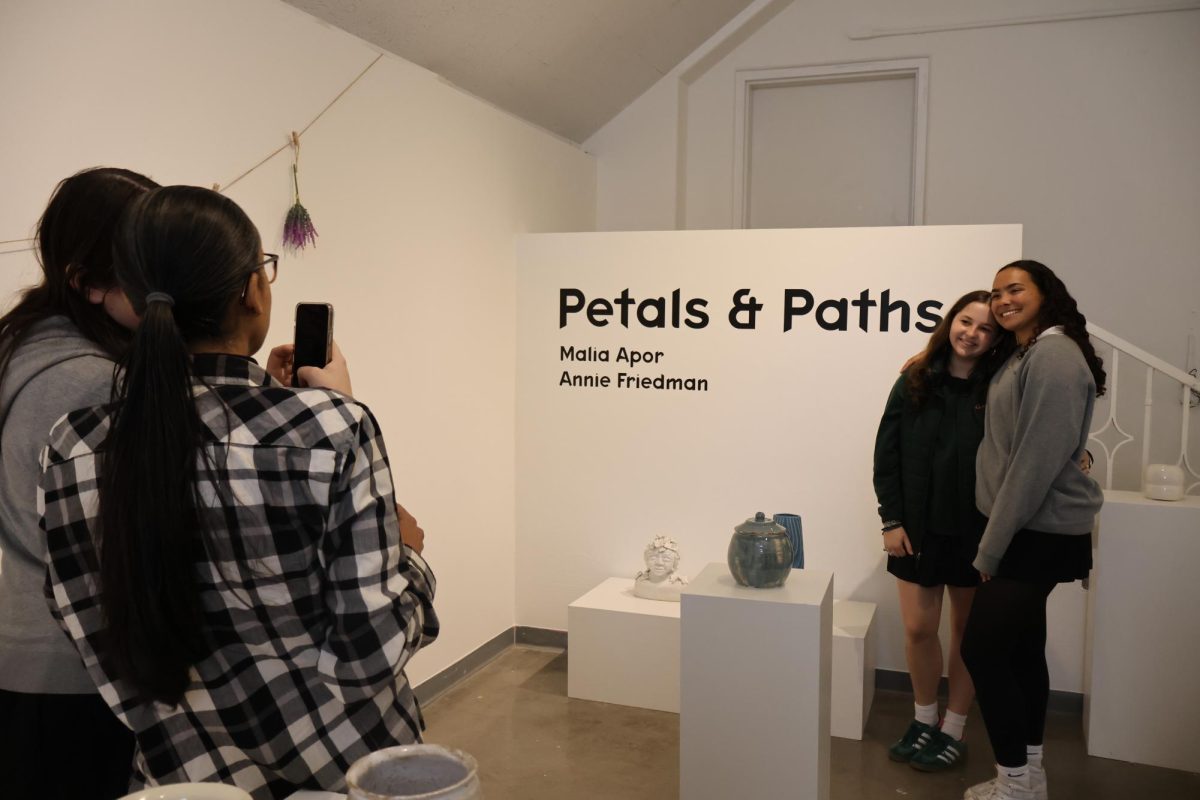

































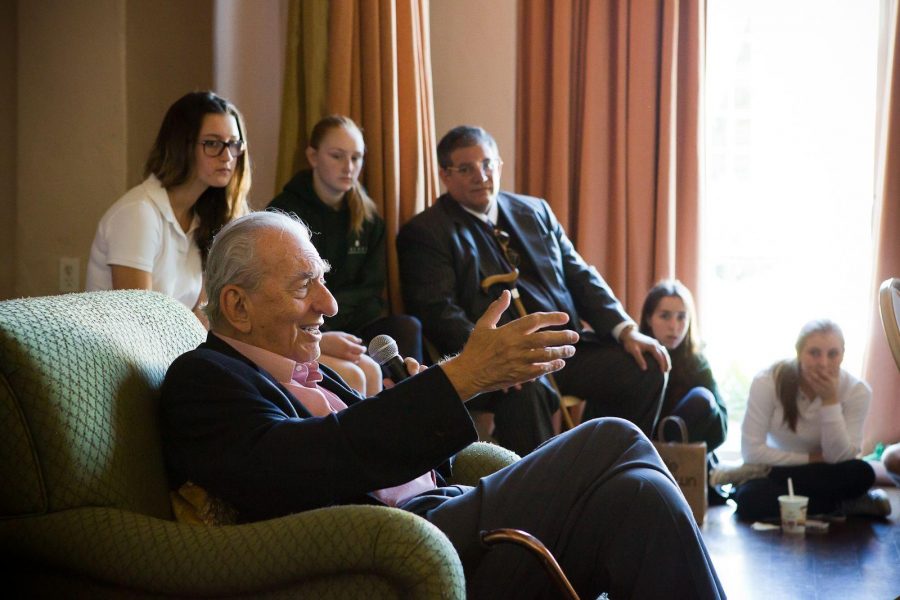



![Freshman Milan Earl and sophomore Lucy Kaplan sit with their grandparents at Archer’s annual Grandparents and Special Friends Day Friday, March 15. The event took place over three 75-minute sessions. “[I hope my grandparents] gain an understanding about what I do, Kaplan said, because I know they ask a lot of questions and can sort of see what I do in school and what the experience is like to be here.](https://archeroracle.org/wp-content/uploads/2024/03/grandparents-day-option-2-600x400.jpg)
